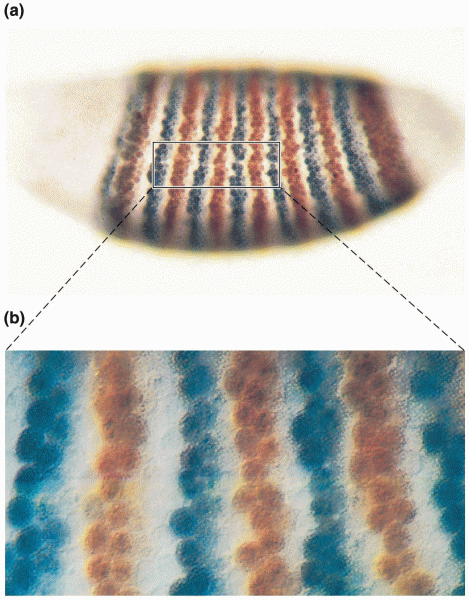Question 1
What eleventh-century geographer and historian wrote one of the most important documents on early west African history?
A) Abdul Kareem
B) El Cid
C) Al-Bakri
D) Cyrus Jabbar
E) Aladdin Sane
Question 2
Which of the following was not granted by William Penn's First Frame of Government?
A) freedom from persecution for settlers
B) an elected assembly with the sole power to set taxes and due process of law
C) liberty of conscience for settlers
D) guaranteed land ownership for those who settle in the colony
E) None of these are correct.
Question 3
The Inventory of One of Charlemagne's Estates helps provide great insight into what?
A) The collapse of the Roman Empire during the ninth century CE.
B) The political strategy of elites during the ninth century CE.
C) The use of military forces during the ninth century CE.
D) The complexity of goods and services available during the ninth century CE.
E) The increased power of the clergy during the ninth century CE.
Question 4
As governor of New York, Edmund Andros
A) did little to Anglicize the colony.
B) encouraged, but did not force colonists to swear allegiance to the English king.
C) allowed for official records to be kept in both English and Dutch.
D) was well-received by Dutch settlers even though he tried enforce English rule.
E) None of these are correct.
Question 5
The Merovingian kings ruled which area?
A) Italy
B) Greece
C) central Germany and France
D) England and Ireland
E) the Netherlands and France
Question 6
After New York was retaken by the Dutch in 1673,
A) it remained under Dutch rule until the eighteenth century.
B) it came under French rule.
C) an Indian attack drove all but a few European colonists from the region.
D) it came under English rule a year later as a result of the settlement ending the Anglo-Dutch war.
E) it was taken over by the Spanish who launched a full-scale attack.







